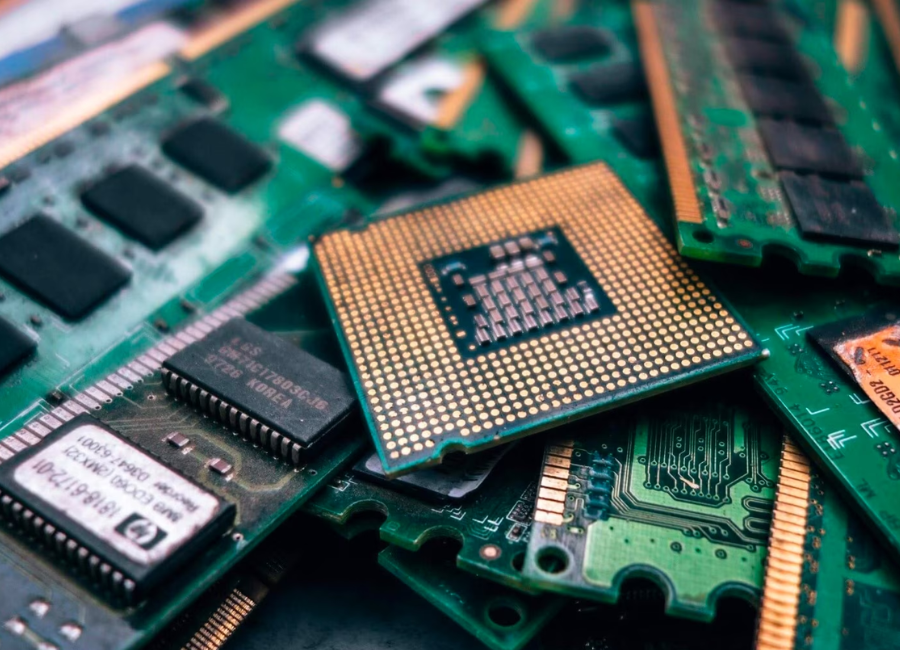Microsoft is on the verge of concluding support for Windows, a move that could pose a significant challenge for numerous existing PC users in the coming 12 months. However, the company is potentially setting itself up for a substantial problem concerning obsolete Windows PCs that won’t be compatible with future updates.
As a consequence, these PCs are likely to end up in the e-waste bin, contributing to an estimated 240 million PCs and adding approximately 480 million kg to the existing e-waste pile, according to reports. Microsoft altered its focus with the introduction of support for Windows 11, rendering millions of older PCs ineligible for the new version.
While Microsoft has discussed extending support for Windows 10 until 2028, this extension would come at a cost through a paid service, which may not be appealing to consumers worldwide. As a result, users are left with two primary options: pay for extended Windows 10 support or upgrade to a new PC that allows them to use Windows 11 and future versions for years to come.

The impending surge in e-waste presents a significant environmental challenge, drawing attention from governments globally. Some leading brands have emphasized the use of recycled materials in manufacturing phones and other products to address the growing e-waste issue. However, Microsoft’s approach in announcing the support cycle for Windows 11 appears to have overlooked the potential environmental impact, leading to the current situation, which is expected to worsen in the coming years.
One potential solution to reduce the accumulating e-waste pile is to salvage parts from these obsolete PCs, especially when components like hard drives or RAM are still in working condition. This approach aligns with the broader industry trend of adopting environmentally friendly practices, such as using non-plastic materials for packaging and eliminating accessories like chargers from product boxes. Apple initiated the trend of excluding chargers from product packaging a few years ago, and it has been adopted by other major companies.
The e-waste issue is multifaceted, involving not only the disposal of electronic devices but also the responsible management and recycling of their components. As technology advances and devices become obsolete at an accelerated pace, addressing the environmental impact of e-waste becomes increasingly critical.
Efforts to extend the lifespan of electronic devices, either through software updates or modular design, can play a crucial role in mitigating the e-waste problem. Companies in the tech industry are under growing pressure to adopt sustainable practices and consider the environmental impact of their products throughout their life cycle.
In conclusion, as Microsoft approaches the end of support for Windows, the looming e-waste challenge underscores the importance of strategic planning for the life cycle of electronic devices. Balancing technological advancements with environmental responsibility is imperative, and industry stakeholders, including Microsoft, must consider innovative solutions to minimize the impact on the growing e-waste crisis.





